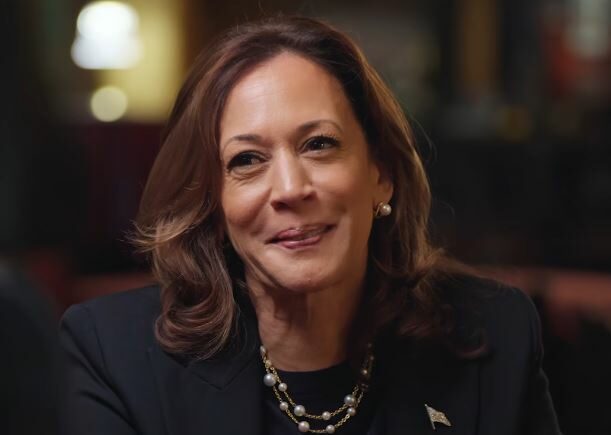Original article (in Montenegrin) was published on 09/10/2024; Author: Nina Đuranović
The practice of discrediting political rivals based on controversial and often socially unacceptable positions during election campaigns is not uncommon, and it has surfaced in the current U.S. presidential campaign.
Information has appeared on Facebook (archived) claiming that Kamala Harris, the Democratic candidate, supports the legalization of hard drugs.
“Kamala Harris supports the legalization of fentanyl, heroin, cocaine, crack, morphine, alcohol, crocodile, etc.,” the post reads, among other things.

The Italian fact-checking platform Open Online confirmed the authenticity of the television report broadcast by CNN, which accompanies the Facebook post.
On the CNN website, an article can be found that references Kamala Harris’ statements made in a 2019 survey.
That year, the American Civil Liberties Union (ACLU), a nonprofit organization focused on protecting civil rights and liberties in the U.S., sent a survey to all presidential candidates running in the 2020 election.
When asked in the survey, “Do you support federal decriminalization of all drug possession for personal use?” Harris responded affirmatively.
She elaborated on her response:
“I have co-sponsored the Marijuana Justice Act, which would legalize marijuana and believe it is long past time that we changed our outdated and discriminatory criminalization of marijuana. And throughout my career, I have supported treating drug addiction as a public health issue, focusing on rehabilitation over incarceration for drug-related offenses. Both of my Back-on-Track programs, made it a priority to connect individuals with substance abuse treatment as part of diversion and re-entry programming, in addition to employment.”
Thus, Harris was advocating for the decriminalization of drugs for personal use, not the legalization of fentanyl, heroin, cocaine, or morphine.
On the ACLU website, which issued the survey, decriminalization is defined as:
“Decriminalization is the act of removing criminal sanctions against certain activities, including possession of drugs for personal use. The substance is still prohibited generally, but the repercussions for being found in possession of the substance are no longer criminal. Instead of incarceration, those found in possession of drugs could get redirected to services and have the drug seized. The production and sale of the decriminalized drug is still illegal.“
Therefore, decriminalization does not mean drugs are legalized. It simply means individuals are not prosecuted for specific actions related to narcotics, such as possession for personal use. Legalization, on the other hand, allows for the legal use and sale of substances.
“Legalization is the act of permitting by law use of a substance. In the drug policy context, the term “legalization” gets used in different ways. Generally, though, it implies some type of legal supply, from prescriptions to regulated cannabis shops. People can use the substance without worry of being convicted or fined. Limits can still be set on its use. For instance, the law may require you to be a certain age to use the substance and the government can still limit the amount a person can carry or possess, such as is the case with prescription drugs.”
In systems where drugs are decriminalized, individuals are not subject to criminal charges but are often directed toward rehabilitation or fined, while legalization permits the legal use, possession, production, and distribution of drugs without criminal or misdemeanor consequences.
Based on this information, we rate above Facebook posts as “disinformation”.
The “Disinformation” rating is given to a media report that contains a “mix “of facts and incorrect or half-true content. In such cases, the media may not necessarily be aware of incorrect information
being published alongside the true ones. Also, this grade will be given to media reports with false
attributions or titles that do not reflect the text in terms of information accuracy.



